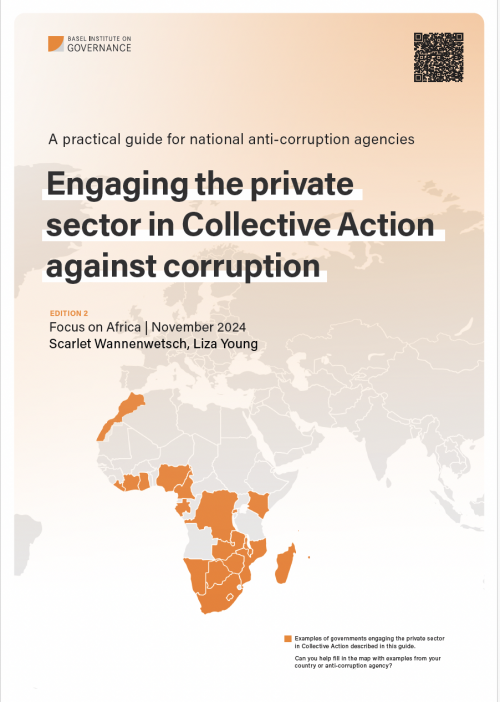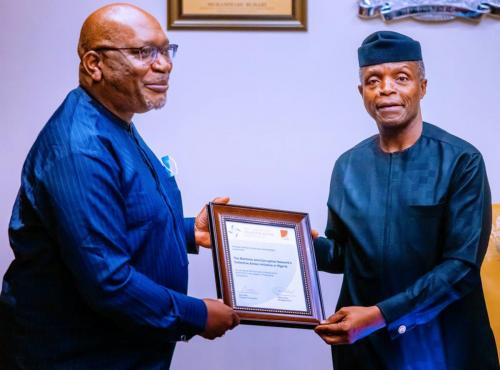Collective Action on Corruption in Nigeria: A Social Norms Approach to Connecting Society and Institutions
That corruption is a destructive and complex practice is openly acknowledged in Nigeria, yet it remains ubiquitous in the functioning of society and economic life. The consequences of corruption for the country and its people are, moreover, indisputable. Acts of diversion of federal and state revenue, business and investment capital, and foreign aid, as well as the personal incomes of Nigerian citizens, contribute to a hollowing out of the country’s public institutions and the degradation of basic services. All the same, corruption is perhaps the least well understood of the country’s challenges.
It has been estimated that close to $400 billion was stolen from Nigeria’s public accounts from 1960 to 1999, and that between 2005 and 2014 some $182 billion was lost through illicit financial flows from the country. This stolen common wealth in effect represents the investment gap in building and equipping modern hospitals to reduce Nigeria’s exceptionally high maternal mortality rates – estimated at two out of every 10 global maternal deaths in 2015; expanding and upgrading an education system that is currently failing millions of children; and procuring vaccinations to prevent regular outbreaks of preventable diseases.
Corruption tends to foster more corruption, perpetuating and entrenching social injustice in daily life. Such an environment weakens societal values of fairness, honesty, integrity and common citizenship, as the impunity of dishonest practices and abuses of power or position steadily erode citizens’ sense of moral responsibility to follow the rules in the interests of wider society.



